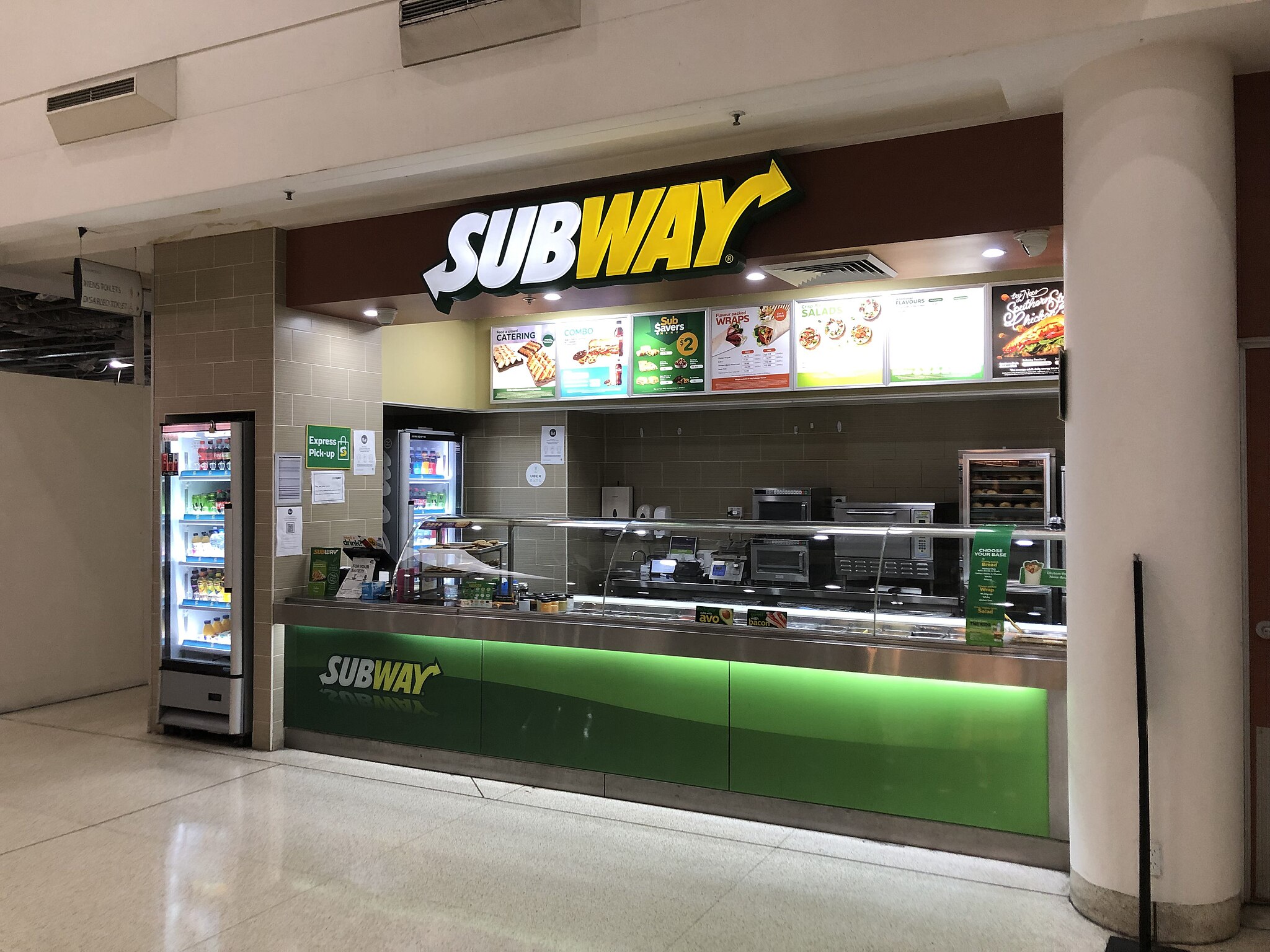The Subway Tuna Tale: Unravelling the Controversy
Posted by Stelios on 24th Sep 2023
The international fast-food chain Subway recently found itself at the epicentre of a culinary conundrum. The authenticity of the tuna in its sandwiches became a topic of debate, prompting legal, scientific, and media scrutiny. This article delves into the multifaceted aspects of the controversy to shed light on the matter. TAC PlazaMaster, CC BY-SA 4.0, via Wikimedia Commons
TAC PlazaMaster, CC BY-SA 4.0, via Wikimedia Commons
Genesis of the Dispute
The controversy was set into motion when two Californian customers, Karen Dhanowa and Nilima Amin, lodged a complaint suggesting that Subway's tuna sandwiches were devoid of genuine tuna. Instead, they proposed, the sandwiches were crafted from "a mixture of various concoctions" engineered to simulate the appearance and taste of tuna.
This class-action initiative could include thousands of Californian Subway patrons who had purchased tuna sandwiches post-January 21, 2017. Central to the plaintiff's grievance was their belief that they had been misled by Subway's marketing, which led them to pay a premium for perceived health benefits.
Laboratory Investigations: A Mixture of Results
The claims instigated a flurry of investigative endeavours, some producing contradictory outcomes. A lab analysis commissioned by the New York Times tested sandwiches from three LA Subway outlets and couldn't conclusively detect tuna DNA. Two hypotheses emerged: the tuna was so processed that its DNA was undetectable, or the samples lacked tuna DNA.

However, this stood in contrast to another examination by Florida's Applied Food Technologies, which did detect tuna in samples from New York, adding a layer of complexity to the narrative.
Subway's Stance and Defence
Amid the turmoil, Subway remained unwavering in asserting that its sandwiches contained authentic tuna. Subway even promoted to counteract the negative press, heralding its "100% real wild-caught tuna". Backed by certifications such as the Fisheries Certificate of Origin and the Captain's Statement, Subway sought to validate the integrity of its tuna sourcing and quality.
Moreover, in a twist in the tale, by July 27, 2023, the lawsuit that had set off this chain of events was formally dismissed, reinforcing Subway's stance on the authenticity of its tuna.
Industry Perspectives and Historical Precedence
Dave Rudie, president of Catalina Offshore Products, offered a potentially exonerating viewpoint for Subway, speculating that if any mislabelling occurred, it might have been at the cannery level before Subway acquired the product.
Seafood experts have suggested Subway may not be to blame if its tuna is not tuna.
Furthermore, the broader context is essential. Given its vast presence and brand influence, Subway has been the subject of numerous lawsuits over the years, ranging from the dimensions of its sandwiches to more serious allegations. The frequency of such suits sometimes colours public perception, making it challenging to discern fact from fiction.
Consumer Responses and the Broader Implications
The saga ignited discussions far and wide, with customers and competitors weighing in. Other sandwich makers have pointed out that tuna is a relatively inexpensive meat, so Subway has little incentive to substitute a cheaper version.
The story underscores the crucial role of credible sources in an era where news spreads like wildfire, and the line between misinformation and fact can blur rapidly.

Conclusion
The Subway tuna debacle is emblematic of the challenges and intricacies of modern food supply chains and the swift judgment of public opinion in the digital age. While the allegations have been officially dismissed, the episode serves as a poignant reminder of the importance of transparency, trustworthiness, and due diligence in today's interconnected world. For Subway fans, it might be a green light to relish their favourite tuna sandwich again.

